
AlgebraQuestion and Answers: Page 222
Question Number 137290 Answers: 2 Comments: 0
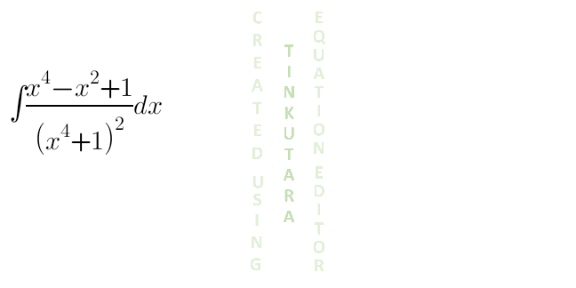
Question Number 137269 Answers: 1 Comments: 1

Question Number 137209 Answers: 1 Comments: 0

Question Number 137208 Answers: 0 Comments: 0
Question Number 137173 Answers: 1 Comments: 1
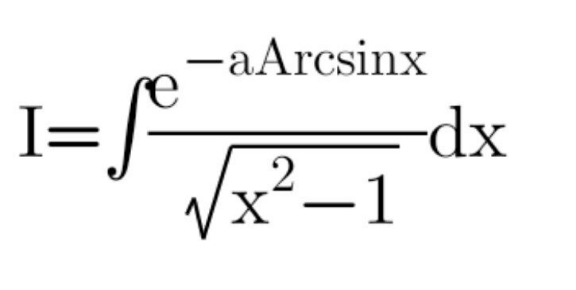
Question Number 137117 Answers: 2 Comments: 0

Question Number 137097 Answers: 0 Comments: 0
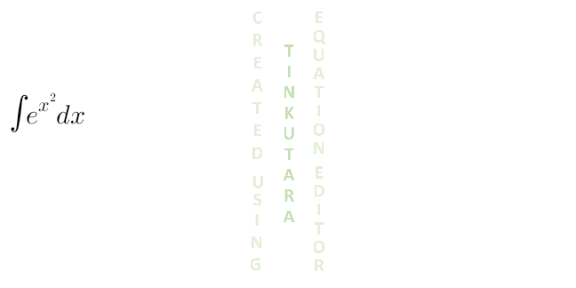
Question Number 137037 Answers: 2 Comments: 0

Question Number 137007 Answers: 0 Comments: 3
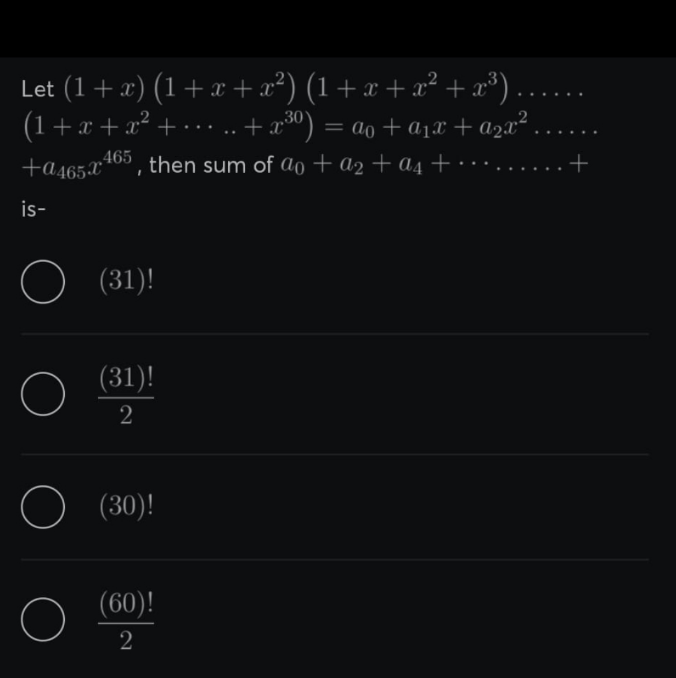
Question Number 136983 Answers: 0 Comments: 0

Question Number 136907 Answers: 4 Comments: 0
$$\int\sqrt{\frac{\mathrm{2}+{x}}{\mathrm{2}−{x}}}{dx} \\ $$
Question Number 136865 Answers: 0 Comments: 0

Question Number 136863 Answers: 0 Comments: 0
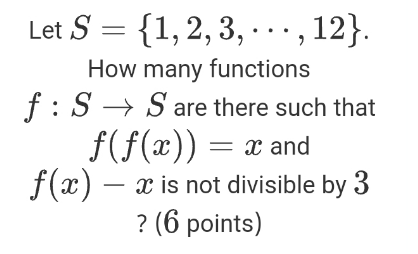
Question Number 136825 Answers: 0 Comments: 0

Question Number 136824 Answers: 0 Comments: 0

Question Number 136793 Answers: 1 Comments: 0

Question Number 136749 Answers: 2 Comments: 0
Question Number 136741 Answers: 1 Comments: 0
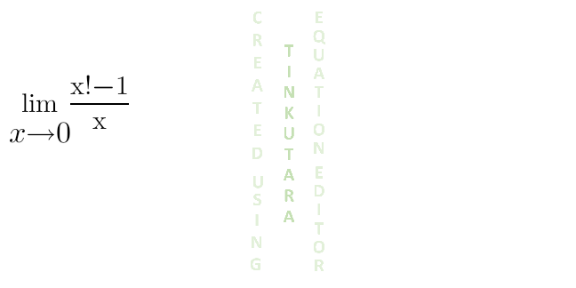
Question Number 136703 Answers: 2 Comments: 2
$$\sqrt{\sqrt{{x}}\:^{\mathrm{log}\:{x}} }={x}\:\:\:\:\:\:\:{faind}\:\:{x} \\ $$
Question Number 136667 Answers: 2 Comments: 0
Question Number 136649 Answers: 0 Comments: 2
$$ \\ $$What the value of series (4/2) + (4.7/2.6) + (4.7.10/2.6.10) + (4.7.10.13/2.6.10.14) +…?
Question Number 136614 Answers: 1 Comments: 0
Question Number 136607 Answers: 2 Comments: 0
Question Number 136636 Answers: 0 Comments: 1
Question Number 136505 Answers: 1 Comments: 0

Question Number 136494 Answers: 3 Comments: 0
Pg 217 Pg 218 Pg 219 Pg 220 Pg 221 Pg 222 Pg 223 Pg 224 Pg 225 Pg 226
